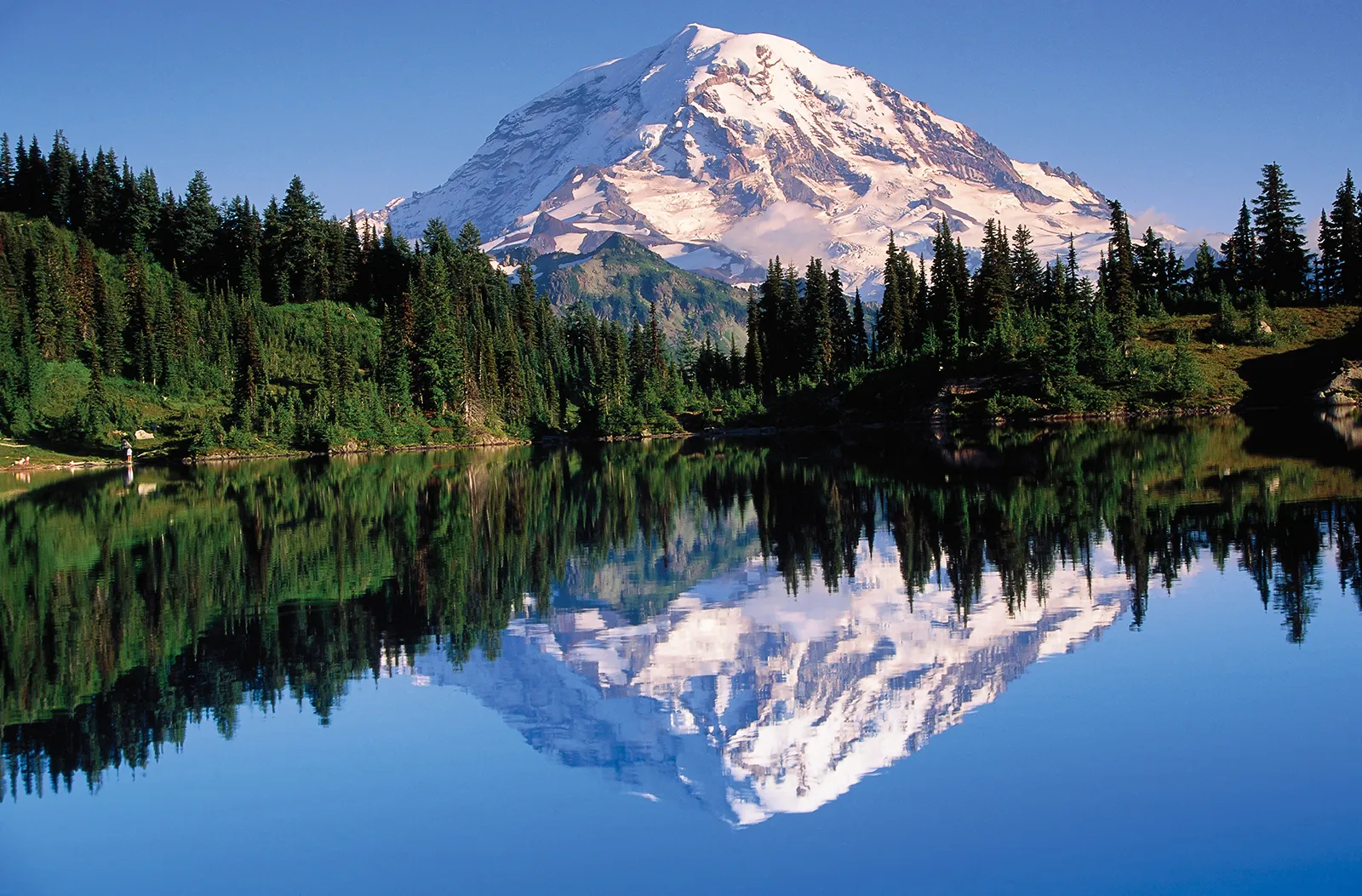-
Posts
27 -
Joined
-
Last visited
Personal Information
-
Location
Earth
Recent Profile Visitors
531 profile views
Ezomatsu's Achievements

Yellow Belt (2/10)
-
I've heard the line of comparing the titles to academic degrees. I don't think it's comparable. For a phd, depending on the field, you can be doing 5 to 9 years of over 40 hrs a week of work, original research and more. No one doing any budo is training a minimum of 40 hours a week for years on end. To even get to the phd one first would have to have an undergraduate degree, which would be usually 4 years or so, depending, of full-time as a student, or more, and many phd programs require a masters. The amount of intensive study for these degrees is far more than the handful of hours a sensei is teaching a week plus their own daily training, which let's be honest, most don't do.
-

Trying to spark my interest in karate again
Ezomatsu replied to Bradlee's topic in General Martial Arts Discussion
I agree. Adults ought to take ownership over their practice, they shouldn't need to have their hand held, it's up to them to self actuate. It's also okay to just quit karatedo. -
Submitting to who? I really don't know what you mean here. You said: This isn't really the place to parse this out, but since you started it and have continued it, I will reply. Basically every meaningful metric, wealth, health, wealth inequality, life expectancy, education, incarceration, political power, structure of workplaces, job precarity, housing, unhoused people, race, LGBTQ+ rights, womens rights, and more, US society it's not egalitarian, and very much so hasn't ever been, nor was it ever intended to be. If you'd like to continue this, we should probably do so elsewhere. Putting all of that aside, it's more than a stretch to go from me criticizing titles to "a mob" trying to take anyone "down a peg." Again, it's all just very unnecessary, and I've trained with some highly skilled and quite famous karateka, none of them felt the need be addressed by any title, nor are they. Other than stroking ones ego, what is the point? As I pointed out previously, they're also very commonly incorrectly used, which just makes people look more silly to boot.
-
Relevant to this discussion: https://kodokanboston.org/2024/01/02/another-martial-arts-post-on-titles/
-
That's not at all what's happening here, and there are plenty of distinguished titles ie doctor, professor, various job titles. I don't see any mobs trying to take my primary care physician's title away, nor do I see any going after Americans calling themselves grandmaster, hanshi etc. I disagree with your premise too, "western" (a very loaded term that's kinda incoherent and was greated for jingoistic reasons mostly) society is nowhere near egalitarian.
-
How so what? The misuse? They're not used in a way to address sensei in Japan, and you'd never refer to yourself as such. That's just an incorrect usage. But also, just why?
-
No, I am not a Buddhist.
-
Why call yourself a master? I agree with what Karatewastelander said, with the caveat that you're 80 year old self won't be better, or shouldn't be better, than your 35 year old self that's been training since they were 14, you'd be in your physical prime. Your knowledge should be far greater, but in a fight that 30 year old better be able to smoke the 80 year old. Master, and the misuse of Japanese shogo like renshi, kiyoshi, and hanshi just screams of ego. And just why? They're totally unnecessary.
-

DarthPenguins Training log of an unfit person!
Ezomatsu replied to DarthPenguin's topic in Health and Fitness
Hi, just curious, why are you doing such a high volume of compound exercises each workout? -
Why not get something from a business that doesn't have their belts made and embroidered in a periphy country taking advantage of low pay and lax labor laws and enforcement? Shureido embroiders belts, and they're of good quality. Another lesser known company is Eosin Panther. I don't have one but it seems everyone that has one does like them, and they're the only belt embroidery place that does it in such a way that there are no stitches for the belt that go over the embroidery. For example, look at an embroidered Shureido belt, if you look closely you'll see black cross stitching over the belt. Both businesses can do the embroidery in such a way that it doesn't show on the other side. Eosin Panther is a small family owned business in the US that's been around since the 70s, and Shureido makes their belts in Okinawa. Tokyodo also makes their dogi and obi in Japan. There is also a company in Canada that also does belts and they're made in Canada.
-
Uh no, I'm just pointing out that McKenna knows his stuff and is worth paying attention to. I don't know what gave you the impression I'm trying to silence anyone.
-

Rare Styles: KishimotoDi, UdunDi, To'on-Ryu, Kojo-Ryu, etc.
Ezomatsu replied to Wastelander's topic in Karate
I have no idea if there is a resurgence or otherwise of interest in old, or lesser known styles, I don't have a starting point or anyway to measure that. I suspect though that there are more people now training in many of these old styles than there ever were. There also some styles that are just not seen online, or at least not in English. I do wish many of these lesser known smaller styles had more people training in them, it would be tragic if they disappeared, and if the quality and depth of knowledge of them disappears, which certainly has happened. This reminds me of something else kind of related. I've known several karateka that have trained extensive in Okinawa and they have said that there just is not a next generation of karateka coming up, and from my limited experience in Okinawa that seems like it might be true. I didn't see a single young black belt at a certain well known karate dojo in Okinawa. Has anyone else noticed this? This makes me think if that's it's true in more common Okinawan styles, perhaps it's also true in the lesser known ones. -
Regarding MMA training etc, most people who train MMA are not professional or even amateur fighters, same with boxing, or BJJ and others. I appreciate where you're coming from with respect to having a prolonged consensual fight versus some kind of self-defense situation, I get that. However, it's not like in MMA one is training to prolong the fight. There's a difference between training to prolong a fight and training to have the stamina to last five rounds. That's not to say some fighters will intentionally prolong a fight, but that's a different thing. I'm not sure it's really totally accurate to characterize McKenna as arguing that the do is XYZ, he's just stating the facts about it, its history, it is what it is: karatedo, not karate, not karate-jutsu, the "original" karate founders made this decision. Of course one can train for whatever reason they want, but that's not the same thing as saying karatedo is karatejutsu or something along those lines. If you're not familiar with McKenna, he's the real deal. He lived in Japan for awhile, is fluent in Japanese, and has probably forgotten more about karatedo than most, if not all, of us here know.
-
https://www.patreon.com/posts/no-im-not-art-104978477 I'm curious what people here think of this well-written piece by Mario McKenna (a highly experienced and knowledgeable karateka).




